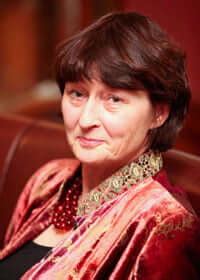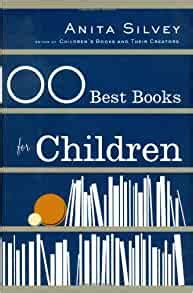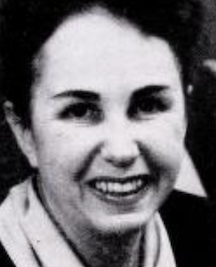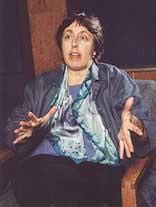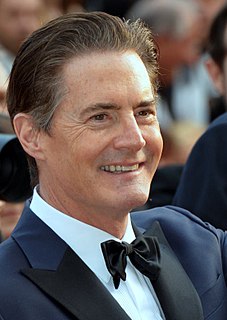A Quote by Jane Ridley
To most of us, adulthood means being able to earn a living, possess a home, get married and rear children, and this implies having autonomy or control over one's life. In the 19th century, becoming an adult was celebrated as a liberation from paternal authority. Today we regard it more as a time of regret and stagnation.
Related Quotes
Christmas means a great deal to me. I was reared in a family that celebrated Christmas to some extent, but I married into a family that celebrated Christmas in a big way. And my wife always made a big thing of Christmas for the children. We have five children, and we had a terrific time at Christmas.
We who are living in the west today are fortunate. Freedom has been bequeathed to us. We have not had to carve it out of nothing; we have not had to pay for it with our lives. But it would be a grave mistake to think that freedom requires nothing of us. Each of us has to earn freedom anew in order to possess it. We do so not just for our own sake, but for the sake of our children, so that they may build a better future that will sustain over the world the responsibilities and blessings of freedom.
Today's parents have little authority over those others with whom they share the task of raising their children. On the contrary,most parents deal with those others from a position of inferiority or helplessness. Teacher, doctors, social workers, or television producers possess more status than most parents.... As a result, the parent today isa maestro trying to conduct an orchestra of players who have never met and who play from a multitude of different scores, each in a notation the conductor cannot read.
The parent-child relationship in the home usually reflects the objective cultural conditions of the surrounding social structure. If the conditions which penetrate the home are authoritarian, rigid, and dominating, the home will increase the climate of oppression. As these authoritarian relations between parents and children intensify, children in their infancy increasingly internalize the paternal authority.
Many abused children cling to the hope that growing up will bring escape and freedom. But the personality formed in an environment of coercive control is not well adapted to adult life. The survivor is left with fundamental problems in basic trust, autonomy, and initiative. She approaches the tasks of early adulthood-establishing independence and intimacy-burdened by major impairments in self-care, in cognition and memory, in identity, and in the capacity to form stable relationships. She is still a prisoner of her childhood; attempting to create a new life, she reencounters the trauma.
... freedom translates into having a supply of clean water, having electricity on tap; being able to live in a decent home and have a good job; to be able to send your children to school and to have accessible healthcare. I mean what's the point of having made this transition if the quality of life ... is not enhanced and improved? If not, the vote is useless.
We've wanted to produce more in the 19th century and the 20th century in order to give man the possibility for more dignified human life; but actually what has happened is that production and consumption have become means - have ceased to be means and have become ends, and we are production crazy and consumption crazy.
I don't believe in mistakes. Never have. I believe that there are a multitude of paths before us and it's just a matter of which way we walk home. I don't believe in regret. If you regret things about your life, than I'll bet that you're not paying attention. Regret is just imagining that you know what would have happened if you took that job in California or married your high-school sweetheart or just looked one more time before you stepped out into the street ... or didn't. But you don't know; you can't possibly know.
Though now we think of fairy tales as stories intended for very young children, this is a relatively modern idea. In the oral tradition, magical stories were enjoyed by listeners young and old alike, while literary fairy tales (including most of the tales that are best known today) were published primarily for adult readers until the 19th century.
